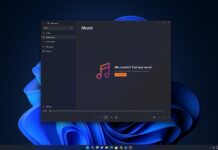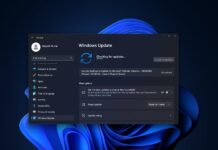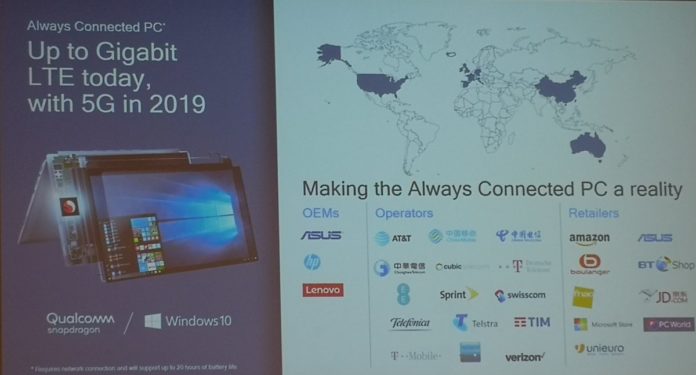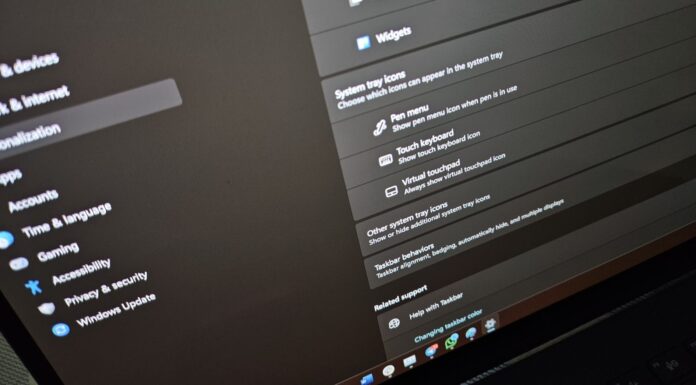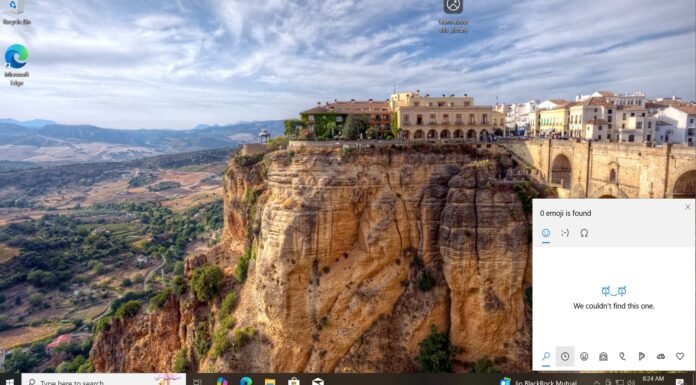The latest data from IDC suggests that the Always Connected PCs initiative from Microsoft will eventually do better as the company is betting big on Snapdragon-powered PCs and new tools.
IDC’s latest report adds that the tablet market is still declining and the drop reached 13.5 percent to 33 million units in the new quarter. Unfortunately, detachable tablets also went down and slate tablets shipment was only 28.4 million units.
It also notes that Microsoft’s first-generation Always Connected PCs, which bring Windows 10 to ARM processors, has failed to impress the audience but the firm is hopeful the next-generation devices will work in the company’s favour.
“The first-generation of Windows 10 on Snapdragon detachables failed to impress as sluggish performance and the limited number of available programs and apps prevented the first few products in the category from achieving mass market success,” said Lauren Guenveur, senior research analyst for IDC’s Tablet team.
“However, with Qualcomm’s upcoming Snapdragon 850 processor, specifically designed for Always Connected PCs, as well as new tools from Microsoft to bring 64-bit apps to the Always Connected platform, we believe there is a promising future for this line of products. The purported advantages of the platform, including its cost effectiveness over Intel X86 processors, could do a lot to boost shipments of detachables, particularly in the woefully underserved mid-market segment. This segment remains key to the overall growth of the detachable market, one which Microsoft has only started to address with the release of the Surface Go.”


